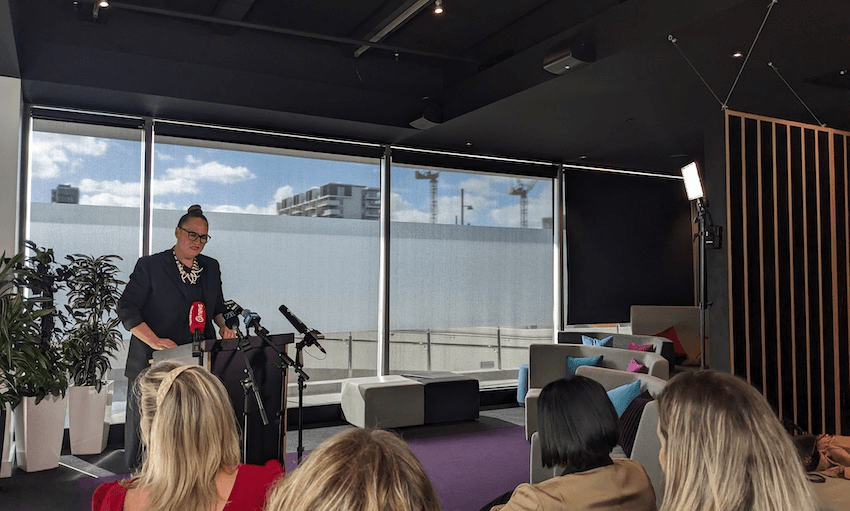Following years of effort from activists, the government today has announced a public register for all organisations with over $20 million in revenue to be transparent about exploitation risk in their supply chains. At an announcement at the Air New Zealand headquarters in downtown Auckland, the deputy prime minister and minister for workplace relations, Carmel Sepuloni, said that the register was part of New Zealand upholding its international commitments, including in free trade agreements with the UK and the EU.
“A lack of action will be detrimental to our trading relationships,” she said. “The focus on larger organisations was intentional [This] strikes an appropriate balance, by encouraging those most able to influence their more extensive supply chains.”
World Vision has estimated that New Zealanders spend an average of $34 a week on products made in exploitative environments. Taking action on modern day slavery is popular across the political spectrum, as well as with the wider public. National’s workplace safety spokesperson Paul Goldsmith told The Spinoff last week the party “would like to see something put down and delivered”, while eight out of 10 members of the public support action in this area too.
Sepuloni said that this would “level the playing field” for businesses already addressing exploitation in their supply chains.
The measures announced today fall short of what activists have asked for, as The Spinoff reported earlier this week. Claire Gray, a campaigner from Tearfund, said that the proposed legislation should apply to organisations of all sizes, and that there should be penalties for non-compliance.
“There is still much more to be done. In time, we hope the legislation will apply to organisations of all sizes with national and international supply chains in the public and private sectors,” said Saunoamaali’i Karanina Sumeo, equal employment opportunities commissioner at the Human Rights Commission. “We are hopeful this will also empower Kiwis to make more ethical choices.”
Sepuloni added: “Broader reform to progress the other more complex components that were consulted upon remains a priority for this government, including ‘due diligence’ and ‘take action’ responsibilities. I am committed to progressing this work for future decisions.”
Drafting the legislation is expected to take six months.





